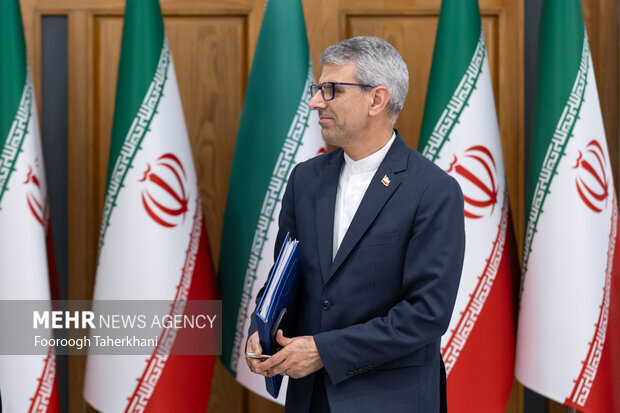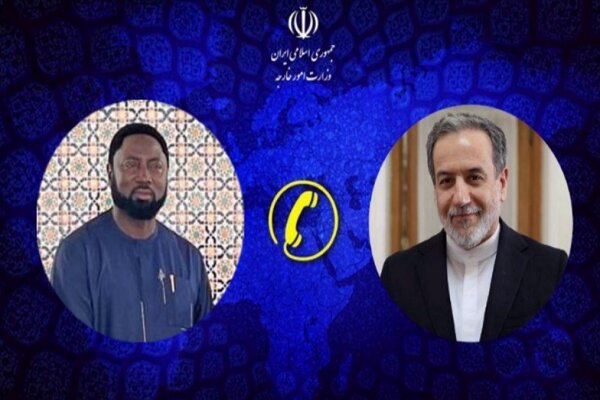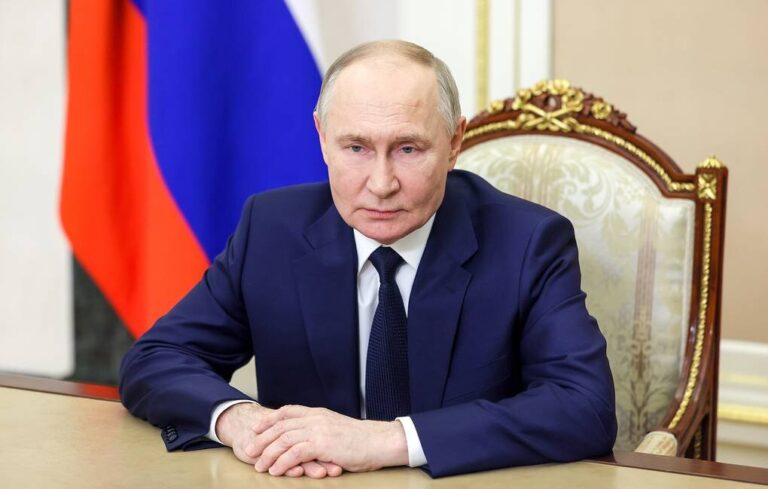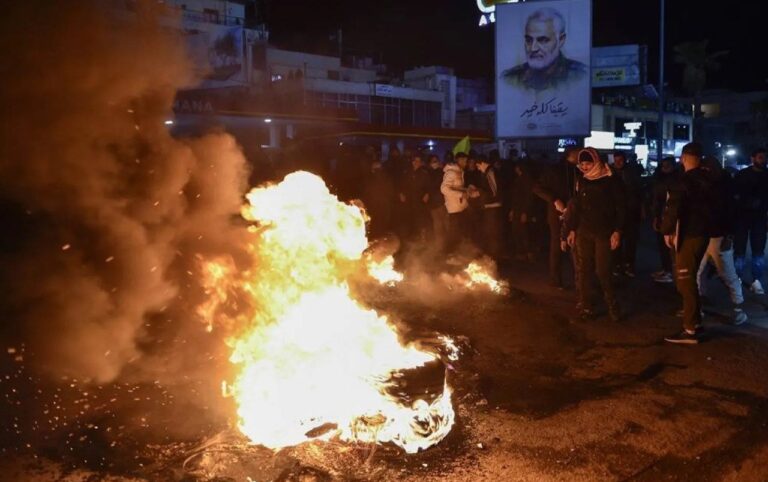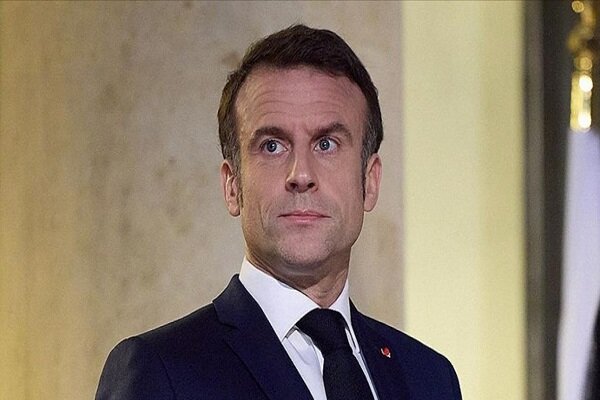Tehran Responds Strongly to Netanyahu’s Diplomatic Visit to Washington
In a significant development on the geopolitical front, Iranian Foreign Ministry spokesman Esmail Baghaei has announced that Iran will closely monitor the implications of Benjamin Netanyahu’s trip to Washington on regional affairs. This statement underscores Iran’s commitment to staying vigilant regarding shifts in the Middle East dynamics, particularly in relation to Palestine.
During a weekly press conference held on Monday, Baghaei emphasized that the trip had been organized between the two nations, and Iran would concentrate on the issues that concern its national interests. He stated, “We will carefully monitor these implications on developments in the region and Palestine.”
Israeli Prime Minister Benjamin Netanyahu’s visit to the United States began on Sunday afternoon, where he is scheduled to meet with President Donald Trump. Upon his arrival at Andrews Air Force Base in Maryland, Netanyahu was greeted by several Israeli officials, including the Israeli envoy to the UN, Danny Danon. According to Anadolu Agency, Danon expressed his excitement on social media, saying, “I was excited to welcome Prime Minister @netanyahu, who just landed in Washington ahead of his meeting with President @realDonaldTrump. This is an important meeting that strengthens the deep alliance between Israel and the United States and will enhance our cooperation.“
Netanyahu’s discussions with Trump are set to take place on Tuesday, where critical issues such as Gaza, Israeli prisoners, and Iran will be on the agenda. The anticipation surrounding this meeting highlights the ongoing complexities in Middle Eastern politics, particularly with respect to Israel and its interactions with both the US and neighboring nations.
In addition to his meeting with Trump, the Israeli prime minister is also expected to engage with US Special Envoy to the Middle East, Steve Witkoff, on Monday. Reports indicate that Netanyahu made a strategic decision to delay sending his negotiating team to Qatar for scheduled discussions on the second phase of a Gaza ceasefire agreement. This postponement is seen as a tactical move to align the negotiations with the outcomes of his meeting with Trump, reflecting the interconnected nature of diplomatic efforts in the region.
Key points to note regarding Netanyahu’s trip and its potential implications include:
- Focus on Regional Developments: Iran’s Foreign Ministry is closely watching how Netanyahu’s meetings may influence tensions in the region.
- Meeting with Trump: The discussions are expected to cover critical topics, including the situation in Gaza and Iran’s role in the region.
- Delay in Negotiations: Netanyahu has postponed talks in Qatar to coincide with his US meetings, emphasizing the importance of the US-Israel relationship.
This trip comes at a time when the Israeli government is facing various pressures both domestically and from the international community. Netanyahu’s administration has been under scrutiny for its approach to Gaza and its broader foreign policy strategies.
As Netanyahu and Trump prepare for their discussions, the outcomes will likely have far-reaching impacts on the stability and security of the Middle East. Analysts are particularly keen to see how the US’s position on Iran will evolve in light of this meeting, as tensions between the two nations have historically influenced regional dynamics.
Baghaei’s comments reflect a broader concern within Iran regarding the strengthening of US-Israel ties, which could potentially lead to escalated tensions in the region. With both nations poised to discuss critical security issues, the implications of their alliance will be closely watched by various stakeholders, including neighboring countries and international organizations.
In conclusion, as the world anticipates the results of Netanyahu’s meetings in Washington, the interplay of diplomacy, security, and regional politics remains at the forefront of international relations. The developments from these discussions could shape future policies and alliances, marking a pivotal moment in Middle Eastern affairs.
For ongoing updates and analysis on this developing story, stay tuned to reliable news sources and expert commentary.
